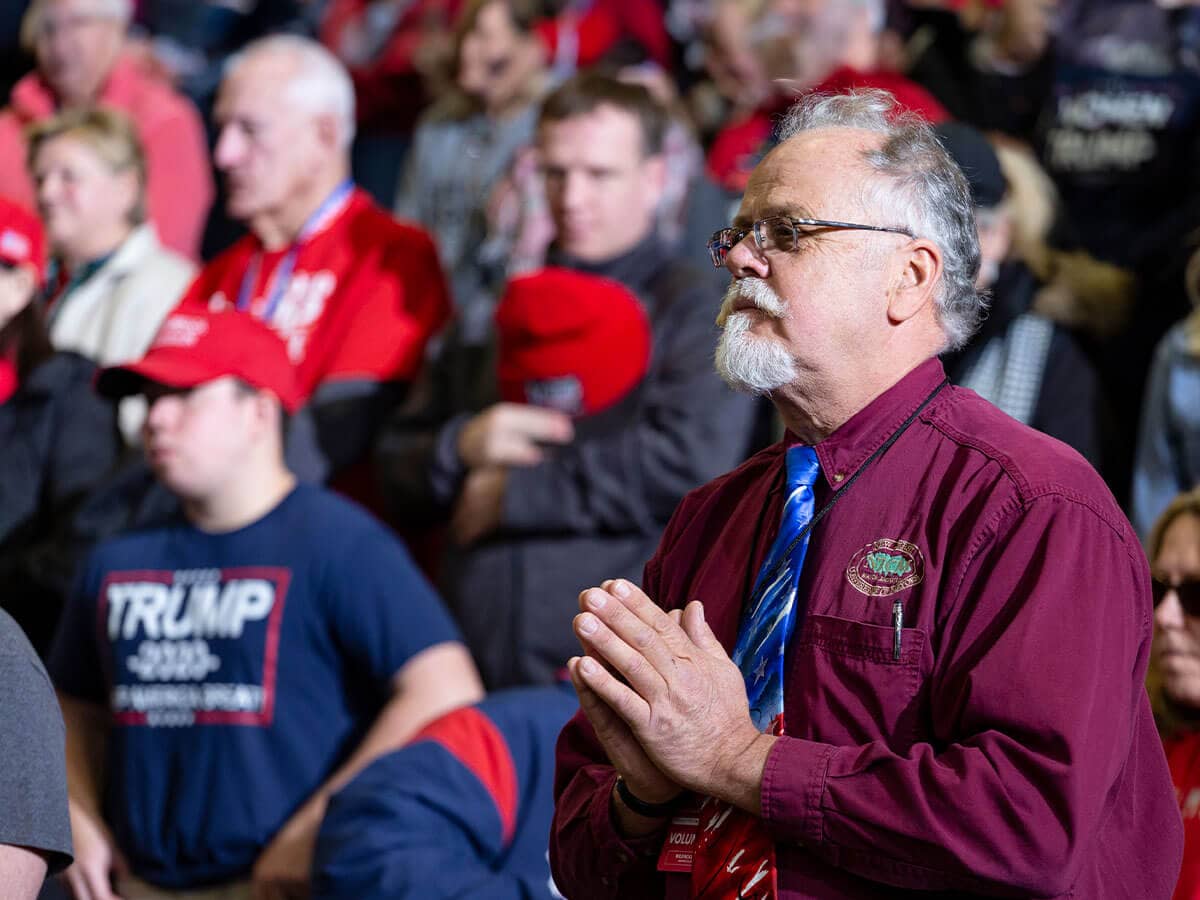Representatives of three leading Muslim groups--each linked to a foreign country--began a two-day seminar in the government-owned castle of Nainville-les-Roches, near Paris, in order to create a "French Muslim Council." If all goes well, this new institution will eventually act as interlocutor between French Islam and civil authorities on the national and regional levels.
Islam is France's second-largest religion with between 4 and 5 million adherents.
Should they succeed, an extraordinary and sometimes almost desperate effort by a succession of interior ministers--ranging ideologically from hard-line socialist to staunch conservative--will finally come to an end.
In a telling remark, the current interior minister, Nicolas Sarkozy, hinted at one important reason for his and his predecessors' undertaking. He expressed the hope than a "French Islam with French-speaking imams" would emerge and "support values commensurate with the values of the Republic."
This corresponds to what Bruno Guiderdoni, a prominent Paris astrophysicist and Muslim scholar, once told United Press International, "We must make sure that our imams preach in French on the Koran, and not politics."
The problem is that until now there is no such species as an indigenous French Muslim clergy. Unlike Catholicism and Protestantism, Islam does not even possess a school of theology in this country.
Hence, future clerics are trained abroad, where often anti-Western currents prevail. Of the approximately 1,000 imams in France, only 9 percent are French citizens. Forty percent are Moroccans, 24 percent Algerians and 15 percent Turks, according to a 1996 study by demographer Michele Tribalat. "It is essential that we build an educational facility for our clergy as quickly as possible," Guiderdoni insisted.
The significant level of foreign influence on Muslim groups in France becomes evident if one considers the three main players in the consultation meeting at Nainville. One delegation represents the "Grande Mosquee de Paris," which is linked to Algeria. Of the other two groups, one is essentially pro-Moroccan, and the second inspired by the Muslim Brotherhood of Egypt.
Not surprisingly, many French Muslims, especially non-practicing ones, or Islamists of other national origins, and converts from Christianity feel left out at the negotiating table. "I have heard many complaints, especially from Tunisians," said Tariq Ramadan, who teaches Islamic studies in Switzerland and has spent the last years trying to persuade Muslims in French-speaking nation to become loyal and active citizens in their respective countries.
He questioned the legality of the French government's heavy hand in the creation of a Muslim Council and insisted that this organization must meet four criteria: 1. pluralism, 2. a fair electoral process, 3. independence from foreign states and 4. the right for women to actively participate.
An alleged lack of the latter criterion has already triggered a stern protest from Betoul Fekkar-Lambiotte, the only female participant in the Nainville seminar. In an interview with the Figaro newspaper Thursday, she threatened to resign.

